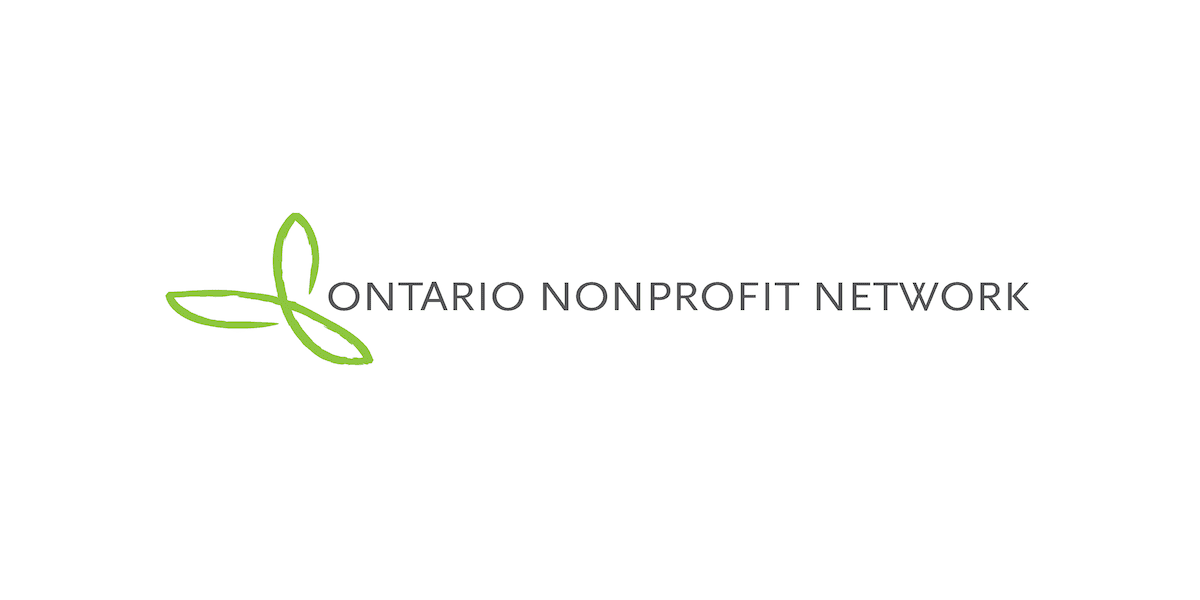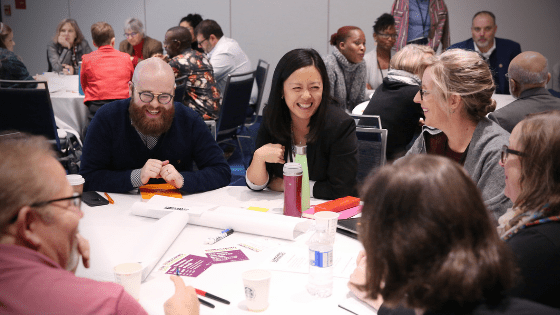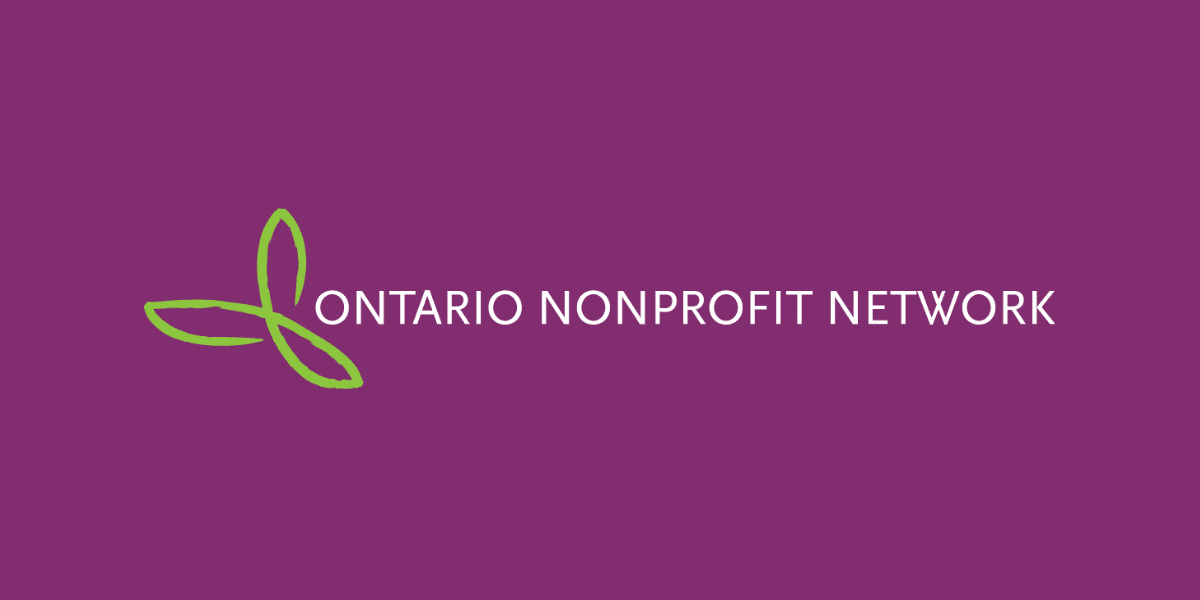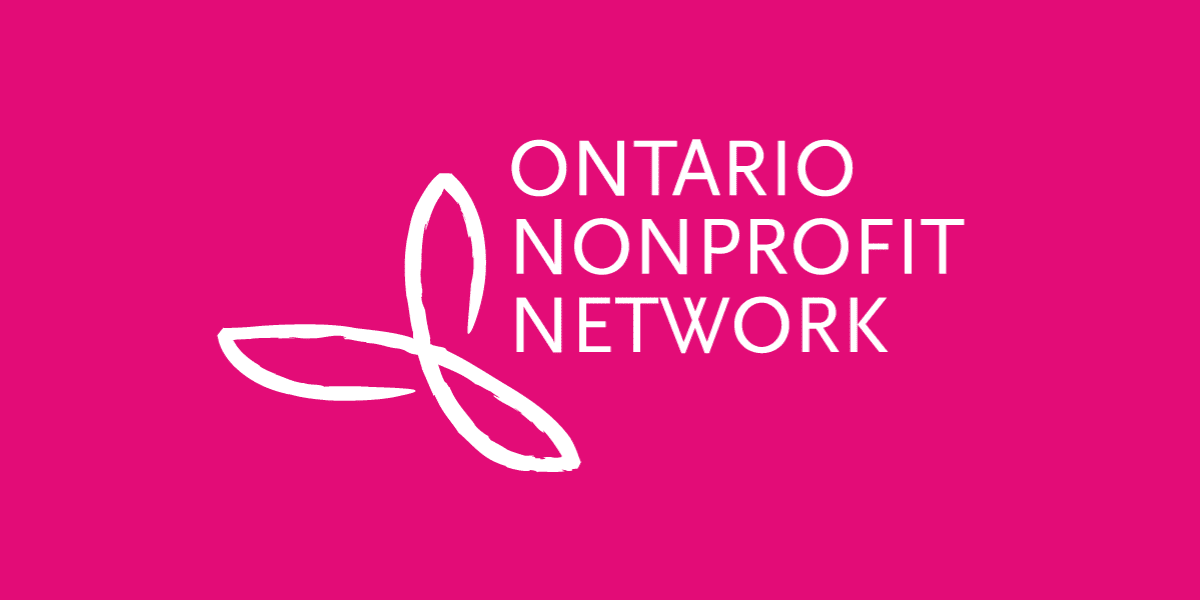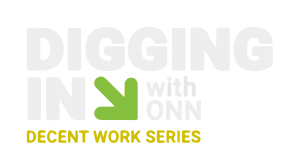New legislation for liability protection
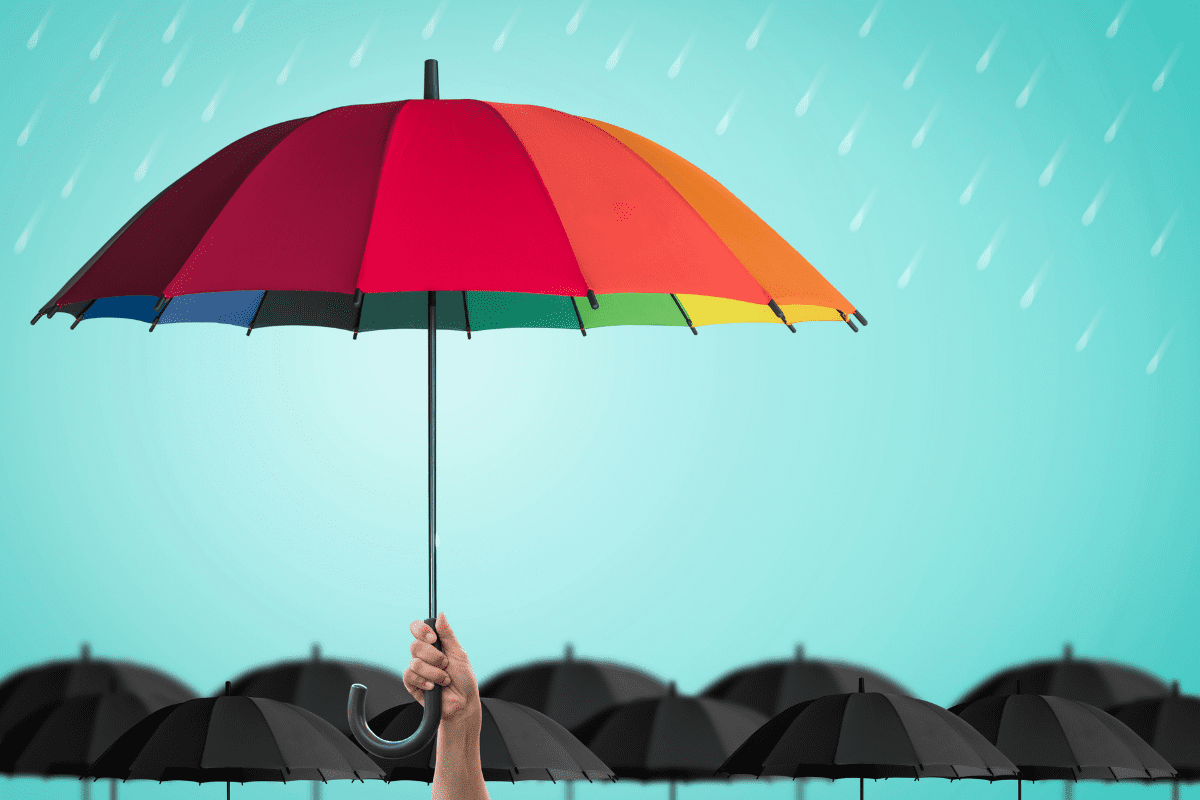
On October 20, 2020, the Ontario government introduced legislation to provide liability protection for nonprofitsand charities that make an honest effort to follow public health guidelines and laws relating to exposure to COVID-19. Bill 218 came into force on November 20 (retroactive to March 17).
ONN is pleased to see the province address this issue. We note that Bill 218 is also an omnibus bill and includes other provisions not related to COVID-19 or liability. ONN supports liability protection outlined in Schedule 1, Supporting Ontario’s Recovery Act, 2020 only.
ONN has been calling for liability protection for nonprofits and charities since June 2020, including in our Fall 2020 budget submission. ONN is pleased to see that the provisions are retroactive to March 17, 2020.
It is important to note that liability protection only applies to those organizations that follow all public health guidelines and operate in “good faith”. Negligence or abuse and bad actors will not be protected by this liability coverage. This liability protection only covers the inadvertent transmission of COVID-19, and no other issues.
ONN will review the legislation carefully and provide updates as more details become available.
Read the Ontario government news release
Why does this matter?
Nonprofits have barely survived the first phase of the pandemic only to have found themselves struggling to operate or re-open because of skyrocketing insurance costs, COVID-related exclusions, and an excessive burden of liability falling on volunteer boards of directors. Organizations that have followed public health guidelines in good faith need this legislation to ensure nonprofits are not subject to excessive liability and drawn-out, expensive lawsuits.
Since June, ONN has heard from organizations in a wide variety of areas, from sports to mental health to neighbourhood centres, that their ability to operate has been threatened by challenges related to securing COVID-related liability insurance. Nonprofits are governed by volunteer boards of directors who are ultimately responsible for managing risk. The threat of a lawsuit without adequate insurance coverage has been keeping nonprofit leaders up at night since insurance providers began creating COVID-related exclusions or even denying coverage outright. Furthermore, funders (both public and private) usually require evidence of insurance coverage before signing agreements. The roll-out of much needed emergency community support funding is hampered by challenges nonprofits face in securing insurance.
Networked advocacy for the win!
This is an important example of the nonprofit sector collectively advocating to government about the need for this legislation and outlining the serious risks this issue has posed to organizations, boards and the communities we serve. We want to recognize organizations and volunteers across Ontario who have advocated for this change!
This has been an issue especially for sports organizations:
“This is welcome news to have a made-in-Ontario solution to protect Provincial Sports Organizations from being held personally liable. Over 60 per cent of our community Clubs and Leagues across the province have shuttered for the 2020 season primarily because of liability concerns and the inability to fund defense costs should they be named in a suit. This means Ontarians can get back to playing sports safety.”
Johnny Misley, Chief Executive Officer
Ontario Soccer
Important information
There is precedent: The Ontario government has provided “Good Samaritan” relief to nonprofits operating in good faith before
- Over twenty years ago, the Ontario government passed the Donation of Food Act to ensure that those who donate food to food banks and other nonprofits were not held liable for damages related to the consumption of that food. This legislation enabled restaurants and shops to make better use of surplus food and for food banks to distribute that food, as long as they did so in good faith
- After SARS in the early 2000s, the Ontario government passed changes to the Health Protection and Promotion Act to offer “Good Samaritan” protection to health professionals
Media coverage
- On July 5, the London Free Press broke the story of nonprofit challenges with COVID-related insurance and the potential impact on Ontario communities
- On July 29, the Hamilton Spectator published a column outlining legal concerns from youth sports leagues related to COVID-19 and the lack of insurance coverage
ONN Advocacy
- ONN wrote to the government on June 17 and has since briefed the Premier’s Office about the issue. There is no indication that they plan to act before the fall Legislative session, by which point it will be too late for many organizations
- ONN wrote a briefing note on liability and insurance issues facing the Ontario nonprofit sector in the wake of COVID-19 in August. This recommended that the Ontario government take measures to provide “Good Samaritan” protection to nonprofits.
- ONN submitted a response to the Standing Committee on Justice Party regarding Bill 218 (Supporting Ontario’s Recovery and Municipal Elections Act, 2020)
Action in other jurisdictions
The Province of British Columbia as well as many American states are passing laws to help nonprofits with COVID-related insurance challenges
- The BC Government created a ministerial order that protects amateur sport organizations, their employees and volunteers from liability
- Governors in two states have issued executive orders (Arkansas and Alabama) and legislators in a dozen have enacted or are considering liability legislation. Oklahoma, Utah, and Wyoming passed laws that limit claims against certain defined entities for exposure to or contraction of COVID-19 that may have stemmed from being on-site
- The North Carolina COVID-19 Recovery Act gives liability protections to health care facilities, health care providers, and volunteer organizations; a separate bill awaiting the Governor’s signature would extend the immunity to individuals, nonprofit board members, and volunteers
- Legislation in Georgia, Minnesota, Mississippi (H.1783/S. 3049), and Pennsylvania would extend protections explicitly to nonprofit organizations and for-profit businesses. A measure in South Carolina covers “any for profit or [nonprofit] business entity, organized in any form whatsoever.” Louisiana lawmakers would go the furthest to apply protections only for nonprofits, including religious institutions, leaving out for-profit businesses
Funding impact
Public and private funders may find it more challenging to role out COVID emergency funds and other support if nonprofits cannot secure adequate insurance
- ONN has heard from some funders that the inability for nonprofits to secure adequate insurance can be a barrier to flowing COVID relief dollars (or any other funding) to Ontario nonprofits
- This may have ripple effects for the 14+ provincial ministries that provide funding through transfer payment agreements to up to 15,000 nonprofits that deliver services on behalf of government. Even for small agreements, the Province typically requires evidence of $2 million in liability insurance as well as any other insurance that a “prudent person” carrying out the project might carry
Boards of directors
Nonprofit boards may resign en masse if they cannot manage their liability, leaving many communities in the lurch
- At the end of the day, it is volunteer boards of directors that are personally liable for the acts and omissions of a nonprofit. These boards require affordable insurance that helps them manage the risks and liabilities of their organizations. If organizations cannot secure insurance, board directors may resign
- ONN has already heard of organizations facing board recruitment and retention challenges related to COVID-19 insurance
